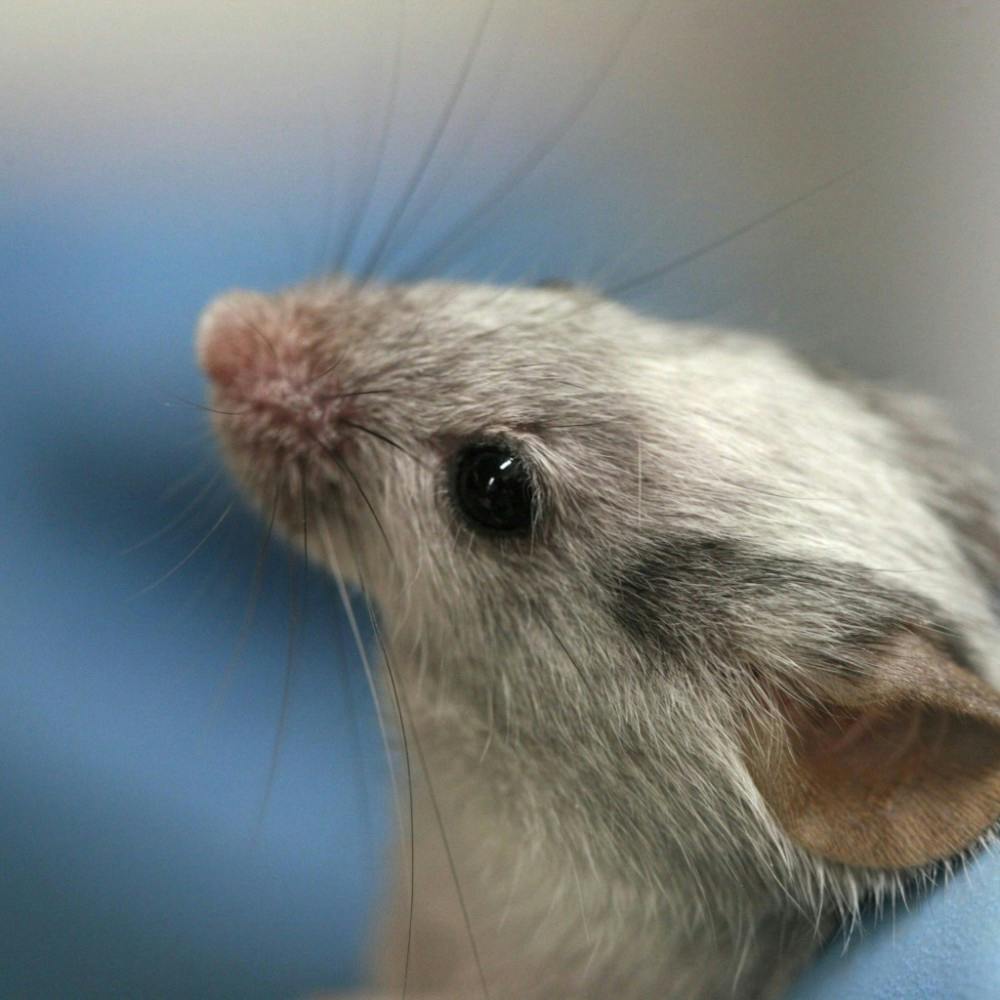It is then easy to understand the disappointment that comes when a new medication fails to show any therapeutic benefit. However, rather than quickly concluding that the whole clinical trial was a total “failure,” researchers can use such “negative” results to provide important opportunities to reflect on the directions of their basic science research, as well as the design and implementation of future clinical trials.
Each new medical breakthrough begins in the lab. In the same way that a car cannot be fixed until a mechanic knows what is wrong with it, numerous basic scientific experiments are designed to first identify what goes awry in a disease. Scientists then attempt to manipulate the discovered biological causes of the disease with medications that specifically target the disease mechanism using an animal model (often the mouse). Preclinical successes in “rescuing” animal disease models form the scientific basis for a new drug to be tested in human clinical trial studies.
At the end of the day, however, a mouse is not a human. Therefore, a clinical trial can be the ultimate test to validate preclinical successes.
As a result, a failed clinical trial can still be quite informative for scientists since the lack of efficacy could suggest that the disease mechanisms discovered in animal models do not translate to humans.
Indeed, a major problem across many fields of disease research is that the animal model is often too severe relative to the disease in humans. For example, epilepsy is induced in mouse models by the administration of medications that cause the animals to have status epilepticus, or seizures that last for several minutes. Yet, in humans, seizures rarely last for more than a few minutes. There is currently a compelling need to develop less severe animal models of epilepsy that mimic the human disease more closely.
Negative results in clinical trials may also suggest that the pharmacological agents being used are not hitting their assumed targets. Any type of drug aims to achieve an effect on the human body by acting on specific biological targets, such as a receptor on the surface of cells. However, what the drug is doing to the mouse could be completely different from what it is doing inside a person.
For the scientific field, negative results in clinical trials allow scientists to further refine their research, inching us closer towards the scientific truth and, ultimately, toward an effective cure for a disease.
Now, another interpretation for failed clinical trials is that perhaps the scientific basis is correct, but methods in clinical trial design and implementation prevent clinicians from detecting therapeutic benefits in patients. The efficacy of a drug is demonstrated by showing therapeutic improvements in a group of patients who received the medication over a group who received the placebo. If there are no differences between the drug-treated group and the placebo group, then the drug is declared ineffective.
However, if the placebo effect is large, then the therapeutic benefits of a drug will be masked. In certain pediatric neuropsychiatric diseases, such as Fragile X Syndrome, the outcomes that are measured to detect the drug responses are often surveys that parents fill out. Such a caregiver-based outcome measure can have significant biases, as in the parents are systematically biased toward expecting a therapeutic benefit in their child. This enlarges the placebo effect of the drug. In other words, it may very well be possible that medications were actually effective, but they were not detected due to the use of certain methodologies in clinical trial design and implementation. To that end, more quantitative, clinician-based outcome measures should be developed.
In the end, failures are disappointing. However, there are crucial lessons to be learned from failed clinical trials that can advance future efforts in basic and clinical research to identify new drugs.






